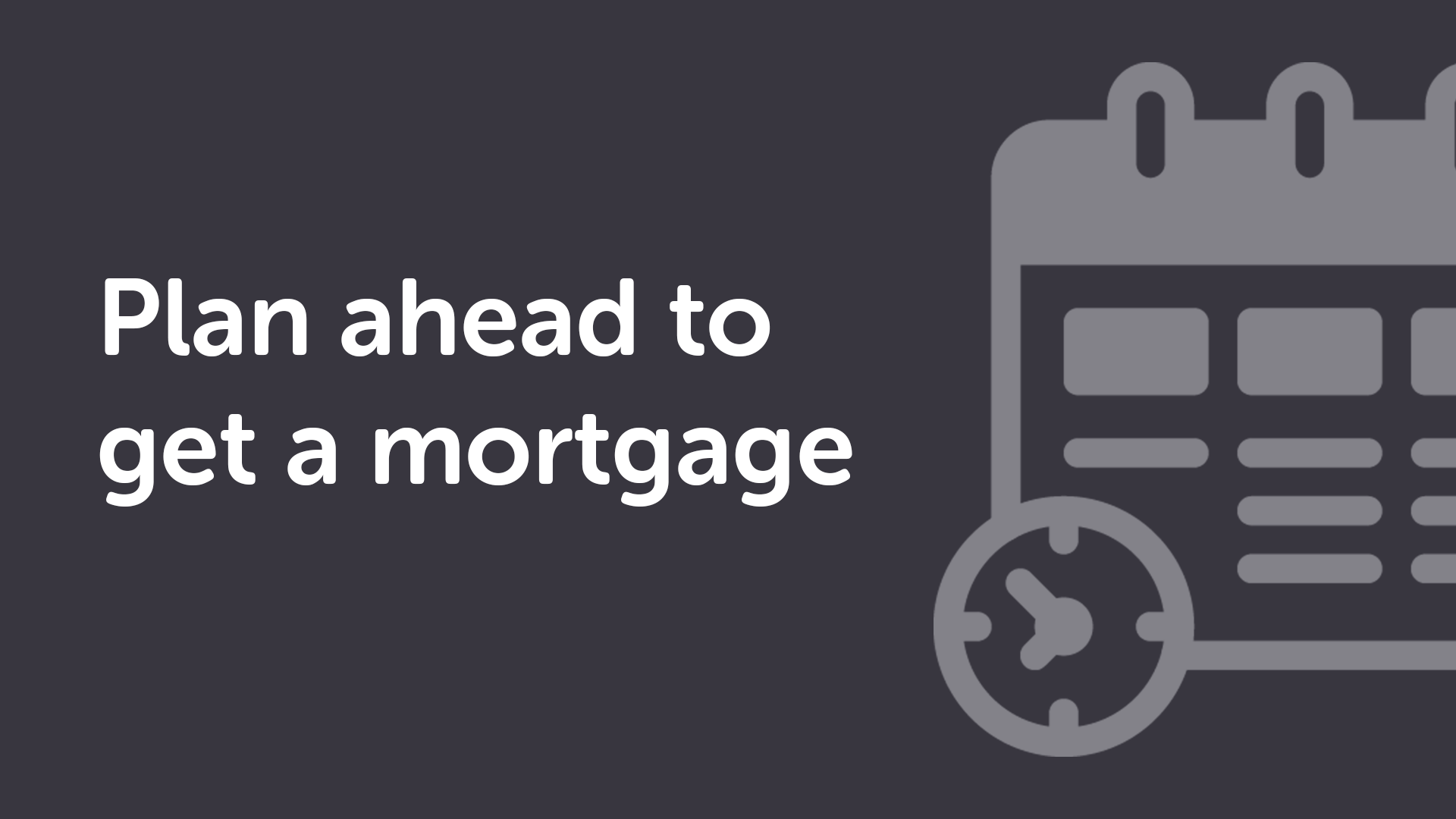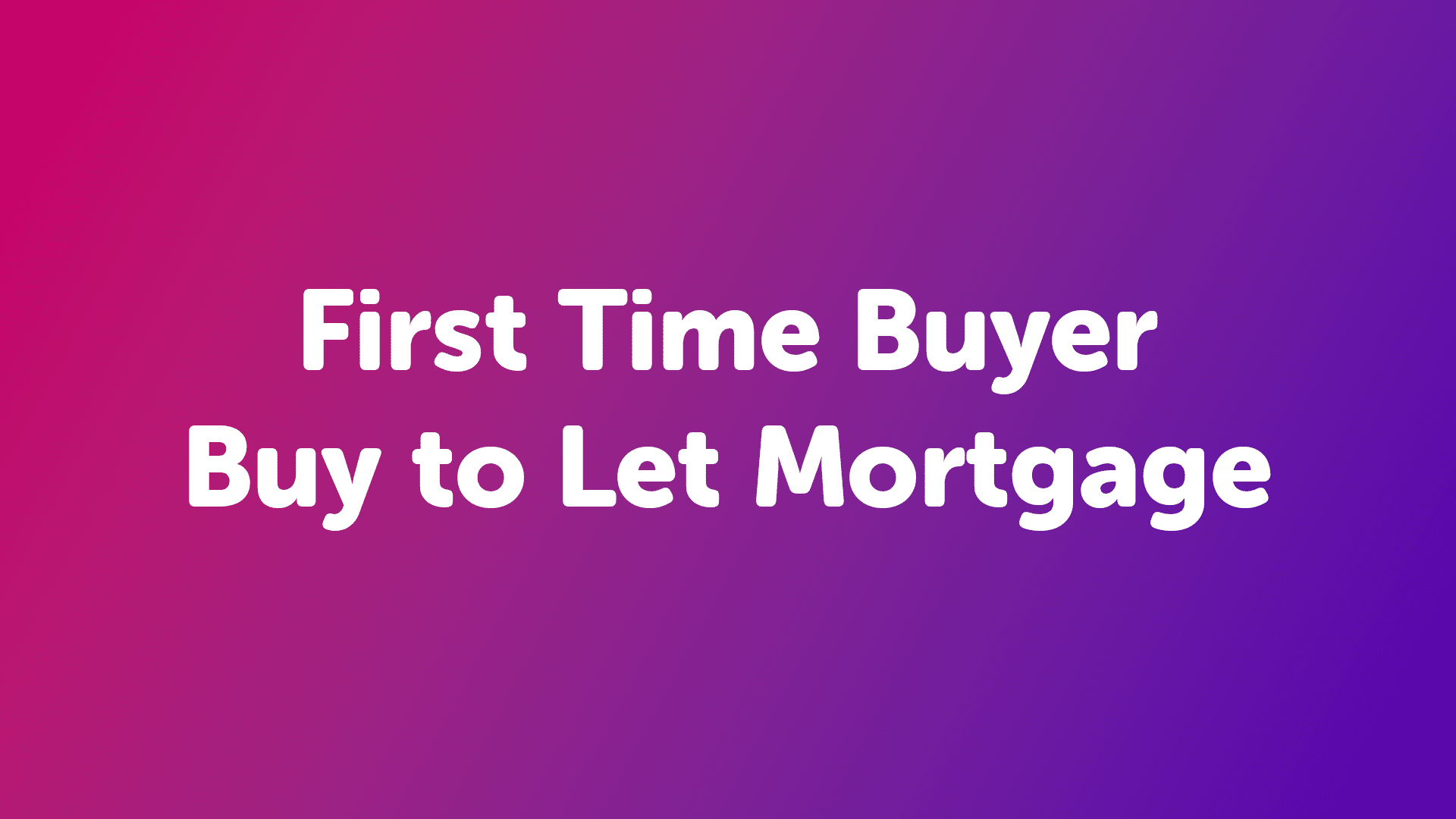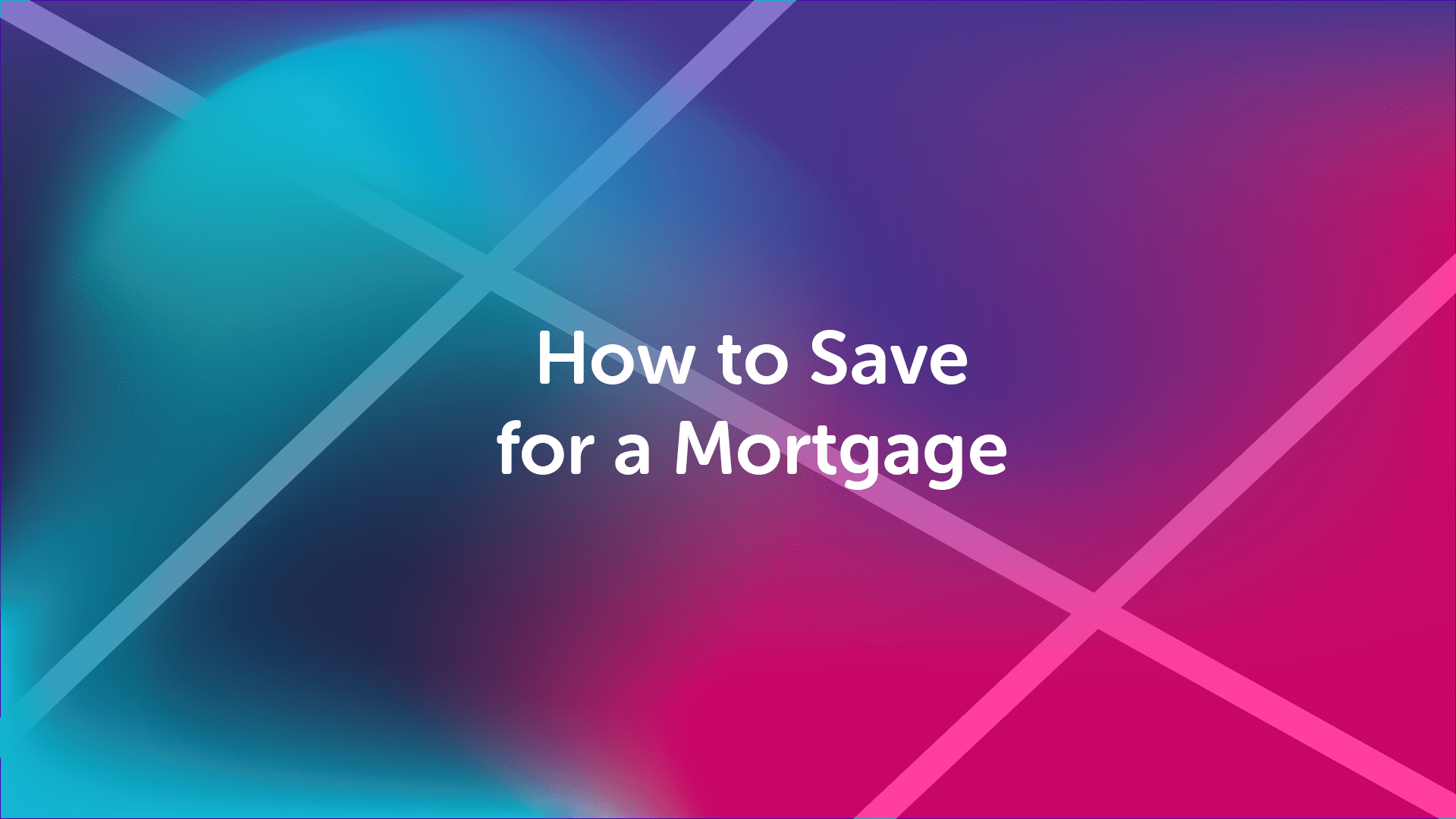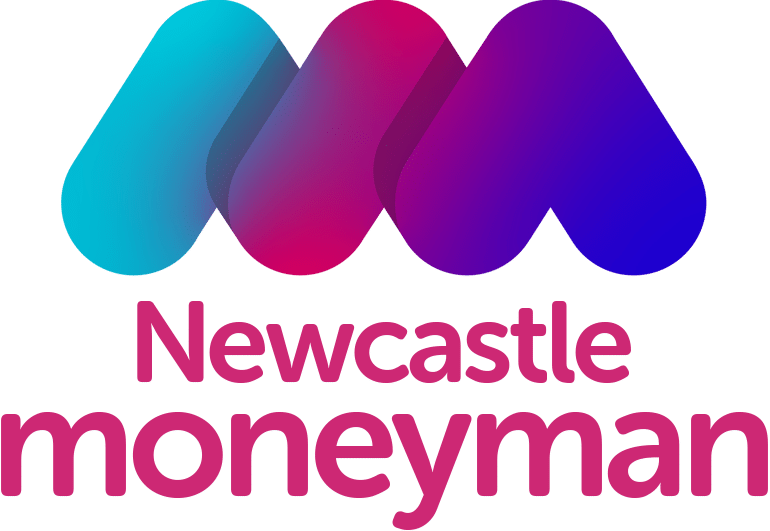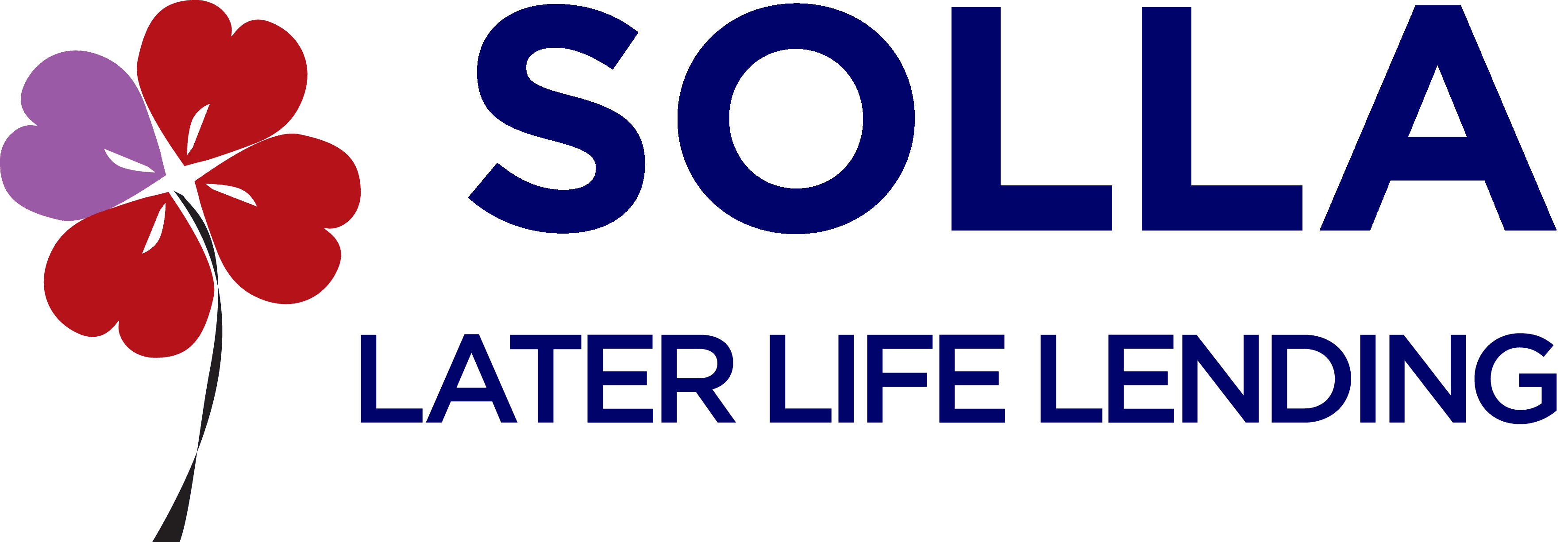The Different Types of Mortgage
From first time buyer mortgages in Newcastle to moving home in Newcastle, to remortgages in Newcastle, it soon becomes clear to home buyers and homeowners alike, that there are a lot of different mortgage options out there for people to choose from.
Below we have put together a list of the most popular types of mortgage that are available to customers that we find ourselves coming across regularly.
If at any point you find yourself with any questions in regard to one of the mortgage options listed, please feel free to get in touch with us and speak to an experienced mortgage advisor in Newcastle. They’ll do their best to answer your questions and get your mortgage process started.
What is a fixed rate mortgage?
A fixed rate mortgage will mean that your mortgage payments will stay consistent for the length of time you have agreed to with the mortgage lender, without any changes or fluctuations.
It is entirely up to you as to how long you wish to fix your payments in for. Typically, we see customers fixing in for somewhere between 2 to 5 years, as that gives you enough time to gauge how the market is going.
Regardless of any changes to inflation, interest rates or the economy, you can carry on as normal without any worries that your monthly mortgage repayments, usually your biggest outgoing each month, will stay the same. This provides you with a level of financial stability.
What is a tracker mortgage?
A tracker mortgage will mean that you will have an interest rate that potentially fluctuates, moving along with the Bank of England base rate. This means that your mortgage lender, the one who gives you the mortgage deal, is not the one setting the rate.
You will be paying at a percentage above the Bank of England base rate.that your interest rate will follow along with the Bank of England’s base rate. For example, if the base rate is 2% and you are tracking at 1% above base rate, that means you will be paying a rate of 3%.
What is a repayment mortgage?
When you take out a repayment mortgage, you will be paying both a combination of capital and interest per month.
Providing that you are able to maintain your monthly mortgage payments for the duration of the mortgage, you are guaranteed to have paid it off by the end of the term, with the property becoming yours because of this.
This is considered to be one of the most risk-free ways to pay your capital back to a mortgage lender. Early on, you will be paying back mainly interest, with the balance reducing slowly. This is especially the case the 25-30 year mortgage terms or higher.
In the last 10 years or so of your mortgage term, this would work the other way around, with you paying more capital than interest and the balance reducing at a much quicker rate.
What is an interest only mortgage?
The majority of buy to let mortgages these days will be set up as an interest only mortgage, though it may be difficult for a non-landlord to take out a mortgage of this type on a residential property.
These days, coming across a mortgage lender who will offer this is hard to come by, though there will be various circumstances where it can still be appropriate, such as if you are downsizing or have other investments you can use to pay back the capital owed.
Mortgage lenders are usually very strict when offering interest only mortgages and the loan to values tend to be much lower than they used to be.
What is an offset mortgage?
With an offset mortgage, the mortgage lender will set you up a savings account to will be designed to run alongside your existing mortgage account.
The way in which this works is that, let’s say you have a mortgage balance of £100,000 and £20,000 is deposited into your savings account. You would only be left to pay interest on the difference, which in this case would be £80,000.
Offset mortgages can be a very efficient way of managing your money, especially if you are a taxpayer that is paying much more tax than the average home buyer.
Date Last Edited: October 19, 2023


